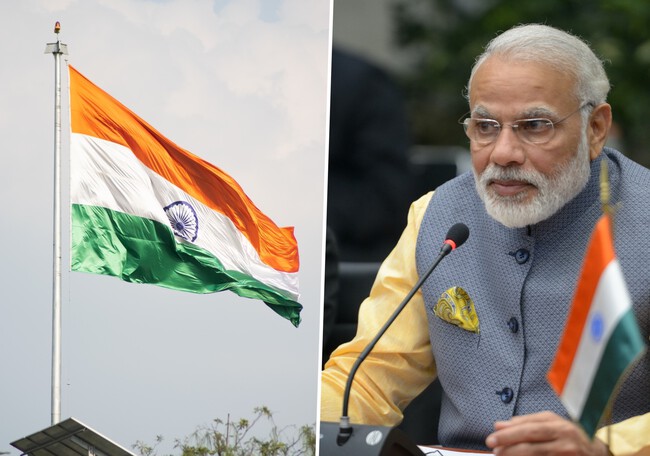India is on the verge of a sweeping regulatory shift as the Union Cabinet has cleared the Promotion and Regulation of Online Gaming Bill 2025, which aims to outlaw all real-money online games, including fantasy sports, rummy, poker, and lotteries. The bill now awaits final approval in Parliament.
If passed, the legislation would impose strict penalties: up to three years in prison or fines reaching ₹1 crore (US$120,000) for those operating money-gaming platforms. Repeat violations could lead to five years behind bars and fines of ₹2 crore. Advertising or promoting real-money gaming could also trigger two years’ jail and fines up to ₹50 lakh. Financial institutions processing such transactions would be equally liable.

A new National Online Gaming Commission is proposed to classify games, regulate platforms, and oversee enforcement nationwide. Supporters call the bill “historic,” framing it as a step to curb gaming addiction, financial harm, and cybercrime.
Regulatory storm: New Delhi courts debate youth safeguards amid ₹1,200 crore gaming revenues
The stakes are high: India’s online gaming industry is valued at $3.8 billion and supports more than 20,000 jobs. Industry leaders warn the bill could force the shutdown of 300+ companies, disrupt fantasy sports tied to cricket, and drive users toward unregulated offshore platforms.

While policymakers emphasize consumer protection, critics argue the blanket ban risks undermining innovation and eliminating a fast-growing digital economy sector. The coming parliamentary debate is set to determine whether India opts for prohibition or a more balanced regulatory framework.








































